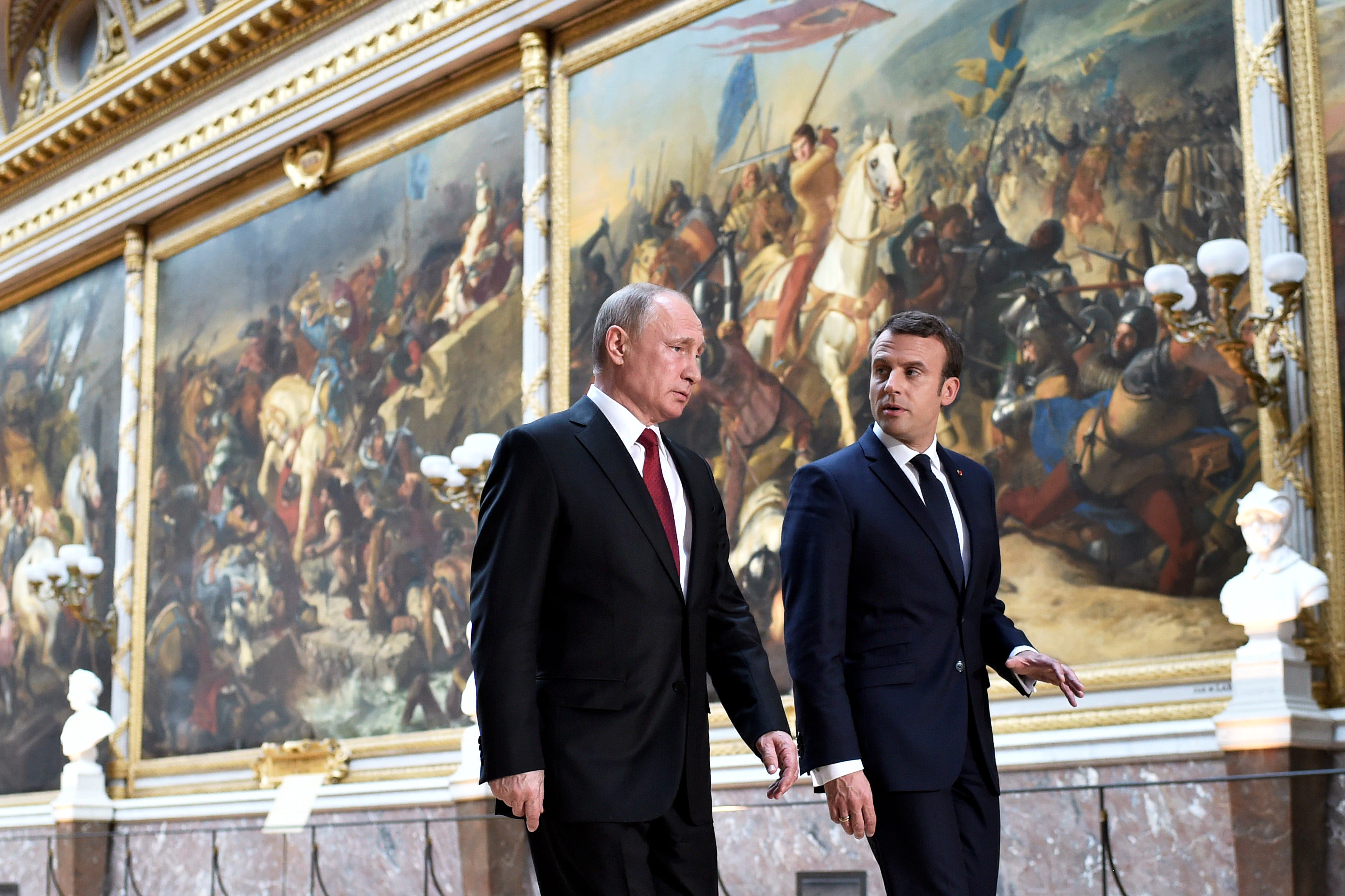
By Patricia Zengerle, Andrew Osborn and Philip Blenkinsop
WASHINGTON/MOSCOW/BRUSSELS (Reuters) – U.S. lawmakers reached an agreement on Wednesday paving the way for the U.S. Senate to pass a bill as soon as this week to impose new sanctions on Russia and bar President Donald Trump from easing sanctions on Moscow without Congress’ approval.
Earlier on Wednesday, Russia warned it was edging closer to retaliation against Washington after the House of Representatives backed new U.S. sanctions on Moscow, while the European Union said the move might affect its energy security and it stood ready to act too.
“I am glad to announce that we have reached an agreement that will allow us to send sanctions legislation to the president’s desk,” Senator Bob Corker, the Republican chairman of the U.S. Senate Foreign Relations Committee, said in a statement on Wednesday evening.
He said the Senate would move to approve sanctions on Russia and Iran that it originally passed in mid-June, as well as sanctions on North Korea developed by the House of Representatives and included in a bill the House passed overwhelmingly on Wednesday.
Before the latest agreement, some senators had objected to the North Korea measures and it had looked like the sanctions bill, already delayed since mid-June, could languish into September.
If the bill passes the Senate as expected, it would be sent to the White House for Trump to sign into law or veto. It is, however, expected to garner enough support to override a Trump veto.
The House voted 419-3 on Tuesday to impose new sanctions on Moscow and force Trump to obtain lawmakers’ approval before easing any punitive measures on Russia.
“This is rather sad news from the point of view of Russia-U.S. ties,” said Dmitry Peskov, a Kremlin spokesman. “We are talking about an extremely unfriendly act.”
He said President Vladimir Putin would decide if and how Moscow would retaliate once the sanctions became law. Russia’s deputy foreign minister warned the move was taking bilateral relations into uncharted waters, killing off hopes of improving them in the near future.
DOGGED BY RUSSIA ALLEGATIONS
Trump, whose presidency has been embroiled in a distracting dispute over his associates’ alleged ties to Moscow, is on the defensive over accusations Russia helped elect him last year. He has said he wants to mend relations with Russia that are languishing at a post-Cold War low.
Trump had denied that there was any collusion between his campaign and Russia.
Most White House watchers believe Trump will reluctantly sign off on the new sanctions, given deep support for them among U.S. lawmakers and his desire to avoid being accused of being soft on Moscow.
Representative Ed Royce, the Republican chairman of the House Foreign Affairs Committee, said Trump would have little choice. The Senate passed a version of the legislation, without the North Korea sanctions, on June 15 by 98-2.
“I think the president will sign it,” Royce said on NBC’s Meet the Press Daily on Wednesday.
The issue has rattled Russia, which fears that its economy, weakened by 2014 Western sanctions imposed over its role in the Ukraine crisis, will now find it harder to recover and grow. Foreign investors could be scared off.
The European Union frets that new U.S. restrictions could pose obstacles to its companies doing business with Russia and threaten the bloc’s energy supply lines.
The Kremlin’s alleged interference in the 2016 U.S. presidential election is one reason lawmakers have pushed for the new sanctions.
HOPES FADE FOR DETENTE
Peskov said Moscow would wait until the sanctions became law before fully analyzing them and deciding how to respond.
Moscow had hoped that Trump, who made upbeat statements about Putin before winning the White House, would work to repair the U.S.-Russia relationship. But it has watched with frustration as the vote-meddling allegations killed off hopes of any detente.
The Russian Foreign Ministry said this month that too many American spies were operating in Russia under diplomatic cover and it might expel some to retaliate for the expulsion of 35 Russian diplomats last year by then-President Barack Obama’s administration.
Many Russian politicians increasingly believe Trump’s political foes and Congress have left the U.S. president with little room for maneuver on Russia and they have nothing to lose by retaliating.
In Brussels, European Commission President Jean-Claude Juncker said the EU was ready to act “within a matter of days” if it felt the new U.S. sanctions undermined the bloc’s energy security.
Brussels fears the new sanctions will damage European firms and oil and gas projects on which the EU is dependent.
The Russia section of the bill includes sanctions on a range of industries.
Several provisions target Russian energy, with new limits on U.S. investment in Russian companies. U.S. firms also would be barred from participating in energy exploration projects where Russian firms have a stake of 33 percent or higher.
The bill includes sanctions on foreign firms investing in or helping Russian energy exploration, although the president could waive those sanctions.
The bill would give the Trump administration the option of imposing sanctions on firms helping develop Russian export pipelines, such as the Nord Stream 2 pipeline carrying natural gas to Europe, in which German companies are involved.
In a concession to allies, those sanctions are optional, not mandatory.
The European Commission said a number of EU concerns had been taken into account in the most recent version of the bill, but said it could lead to sanctions on any company, including European, that worked on Russian energy export pipelines.
(Additional reporting by Dmitry Solovyov and Katya Golubkova in Moscow, Alissa de Carbonnel in Brussels and Susan Heavey in Washington; Editing by Yara Bayoumy, James Dalgleish, Toni Reinhold)













